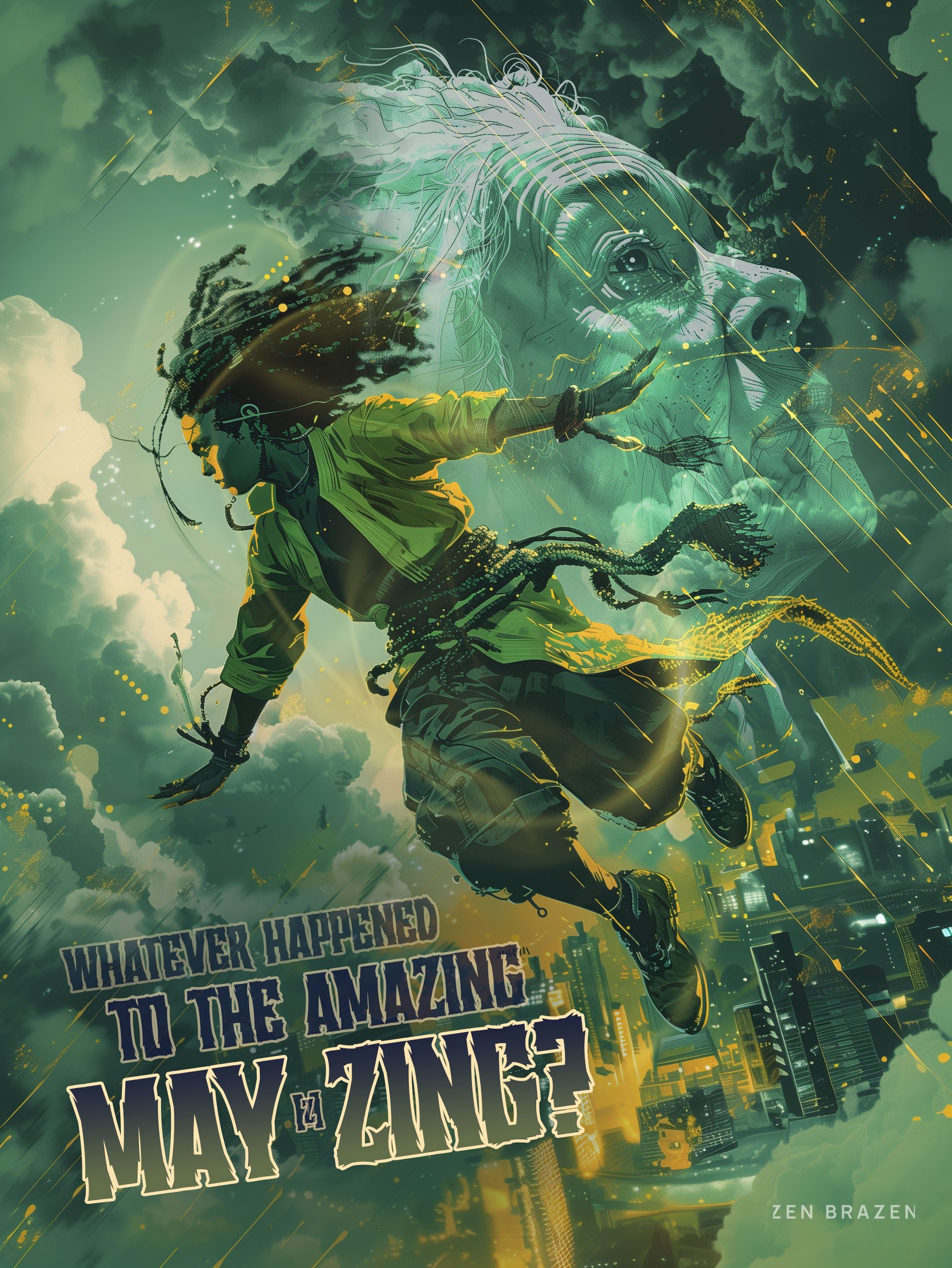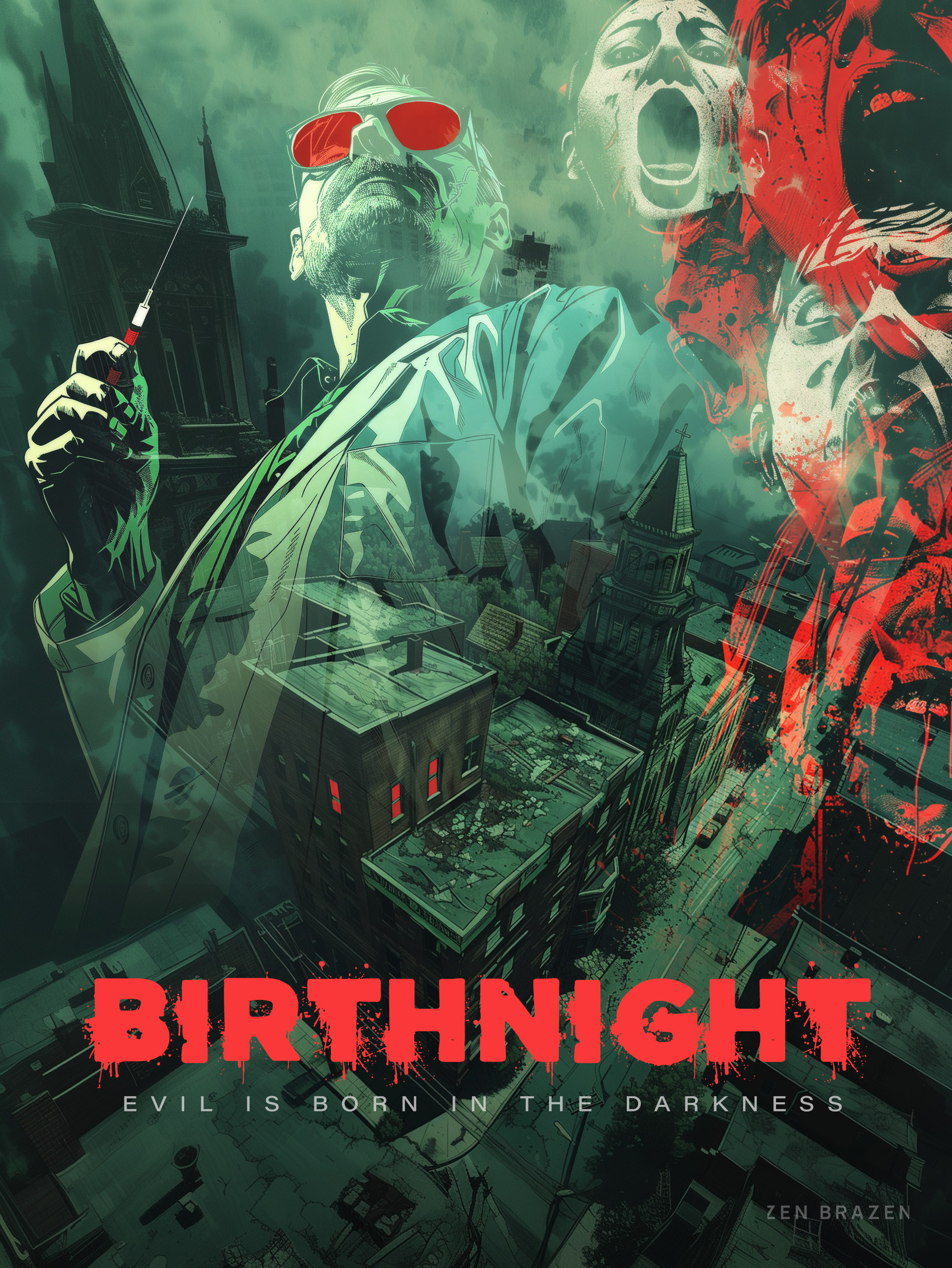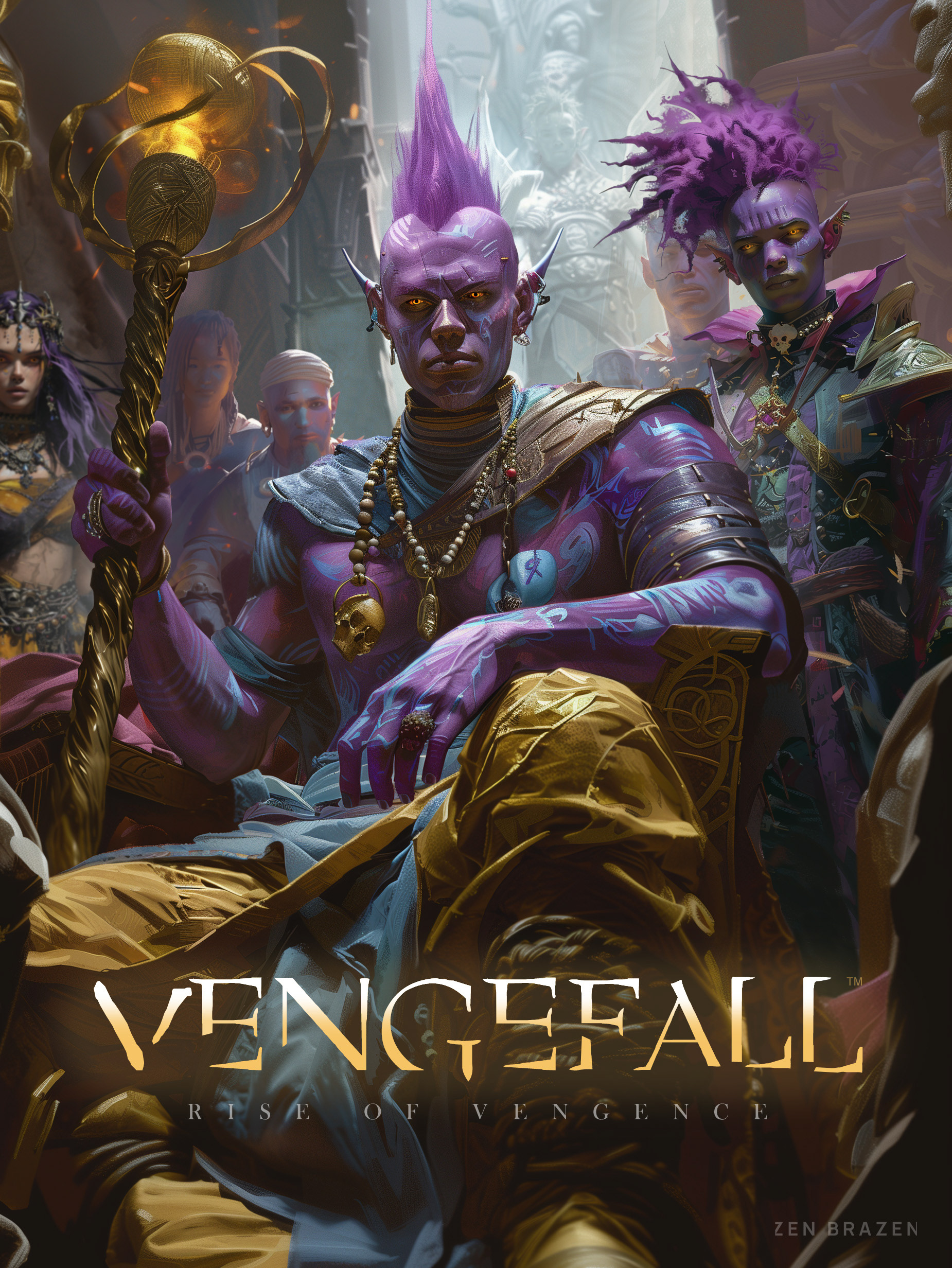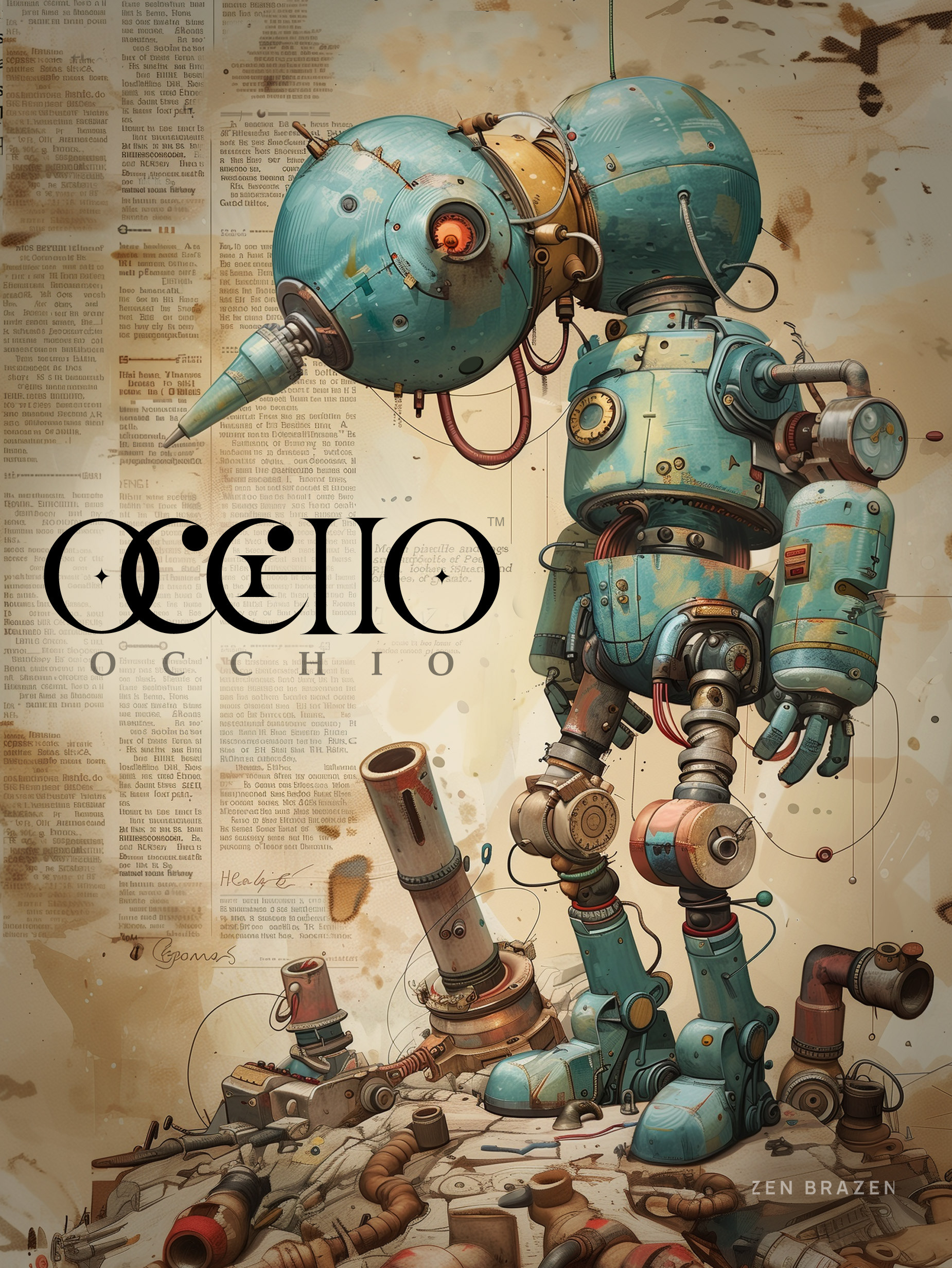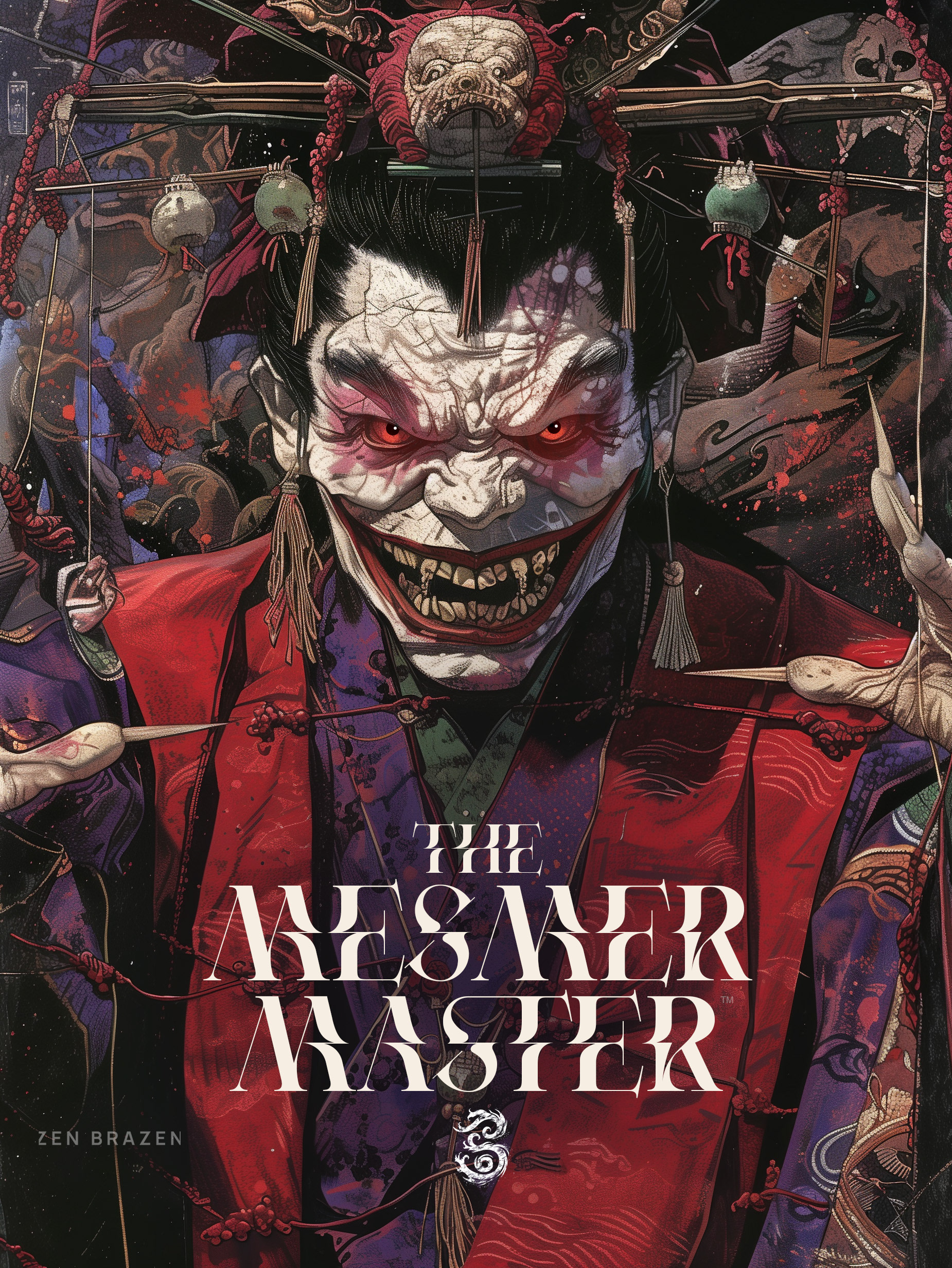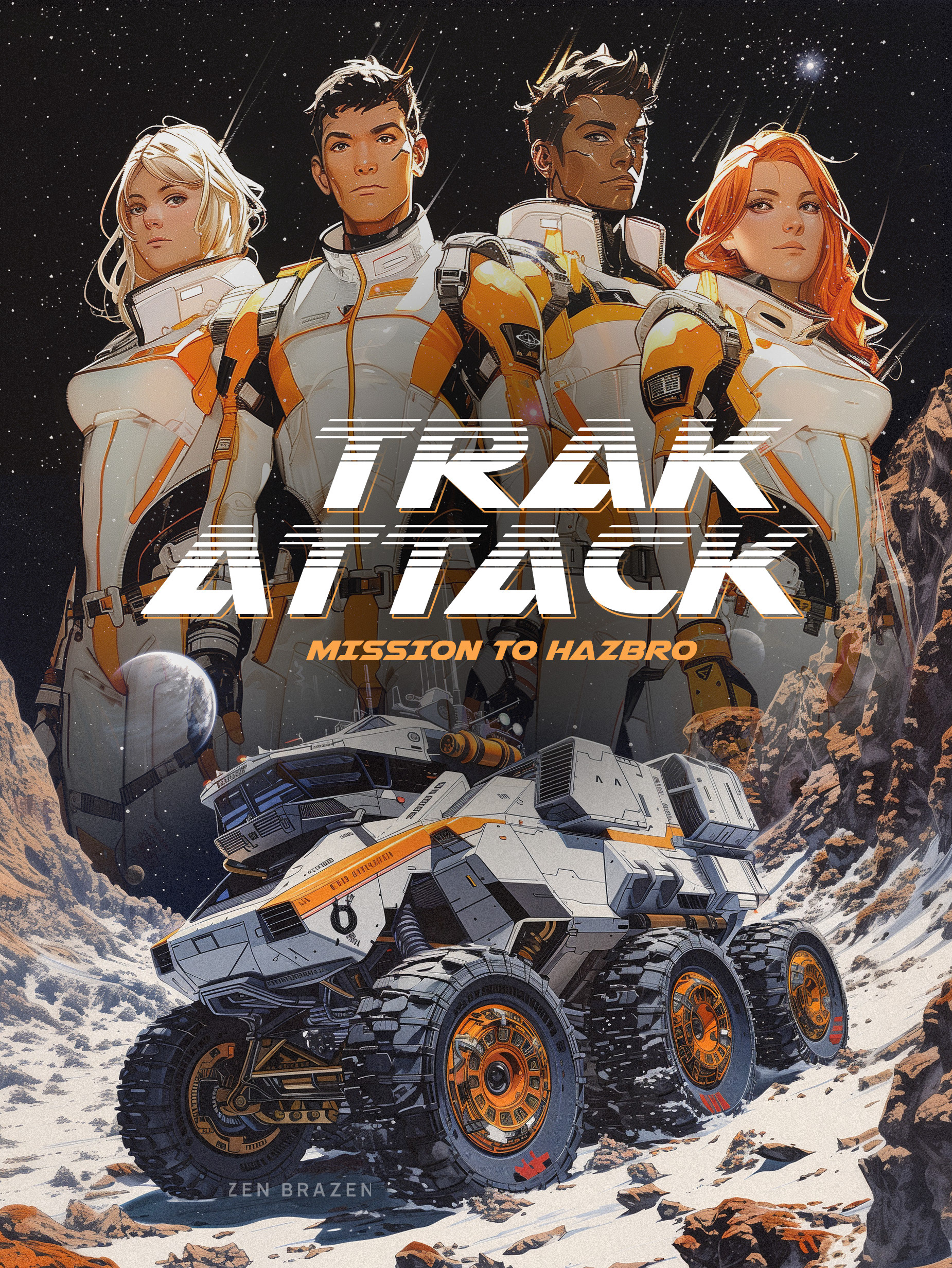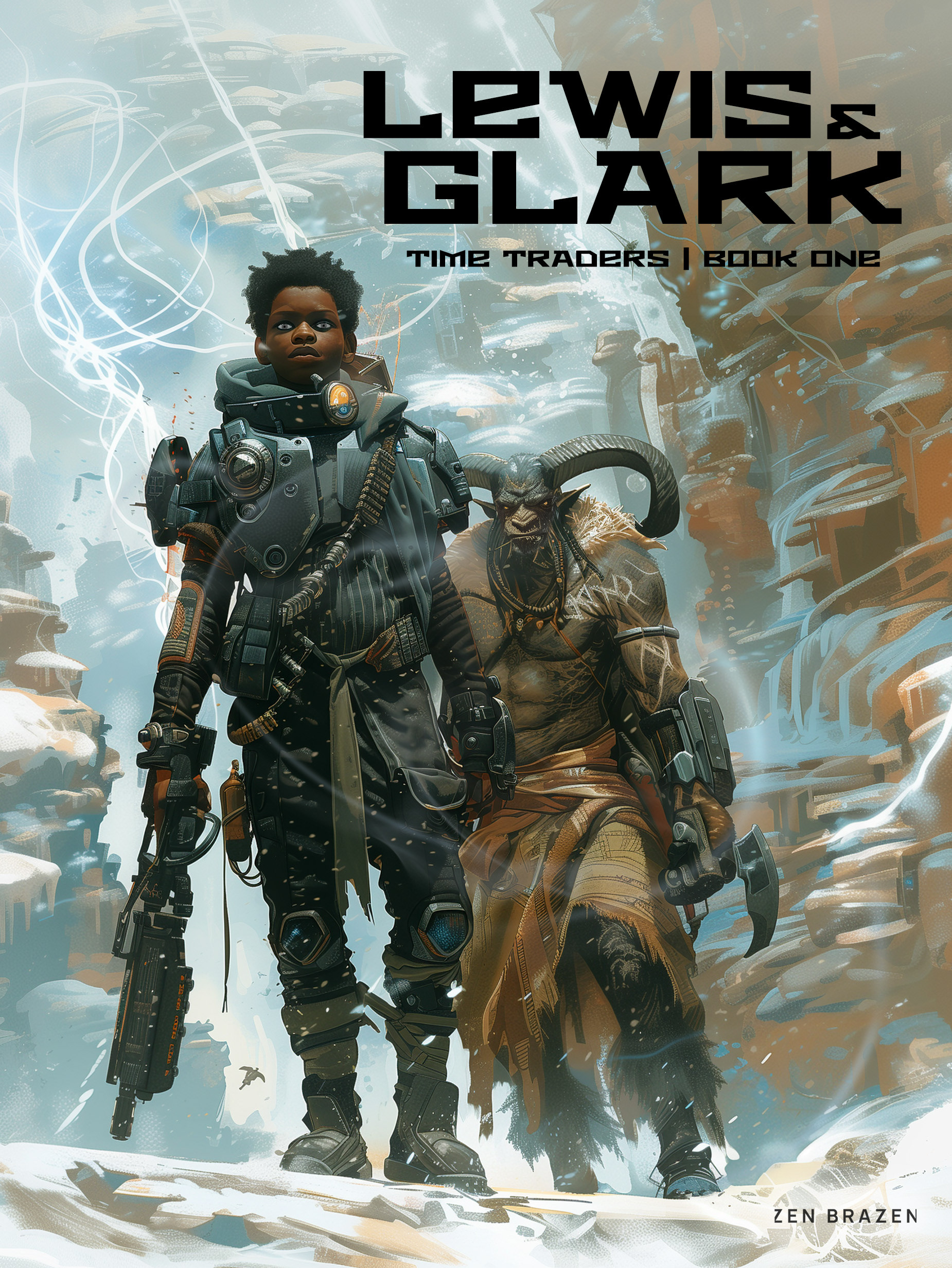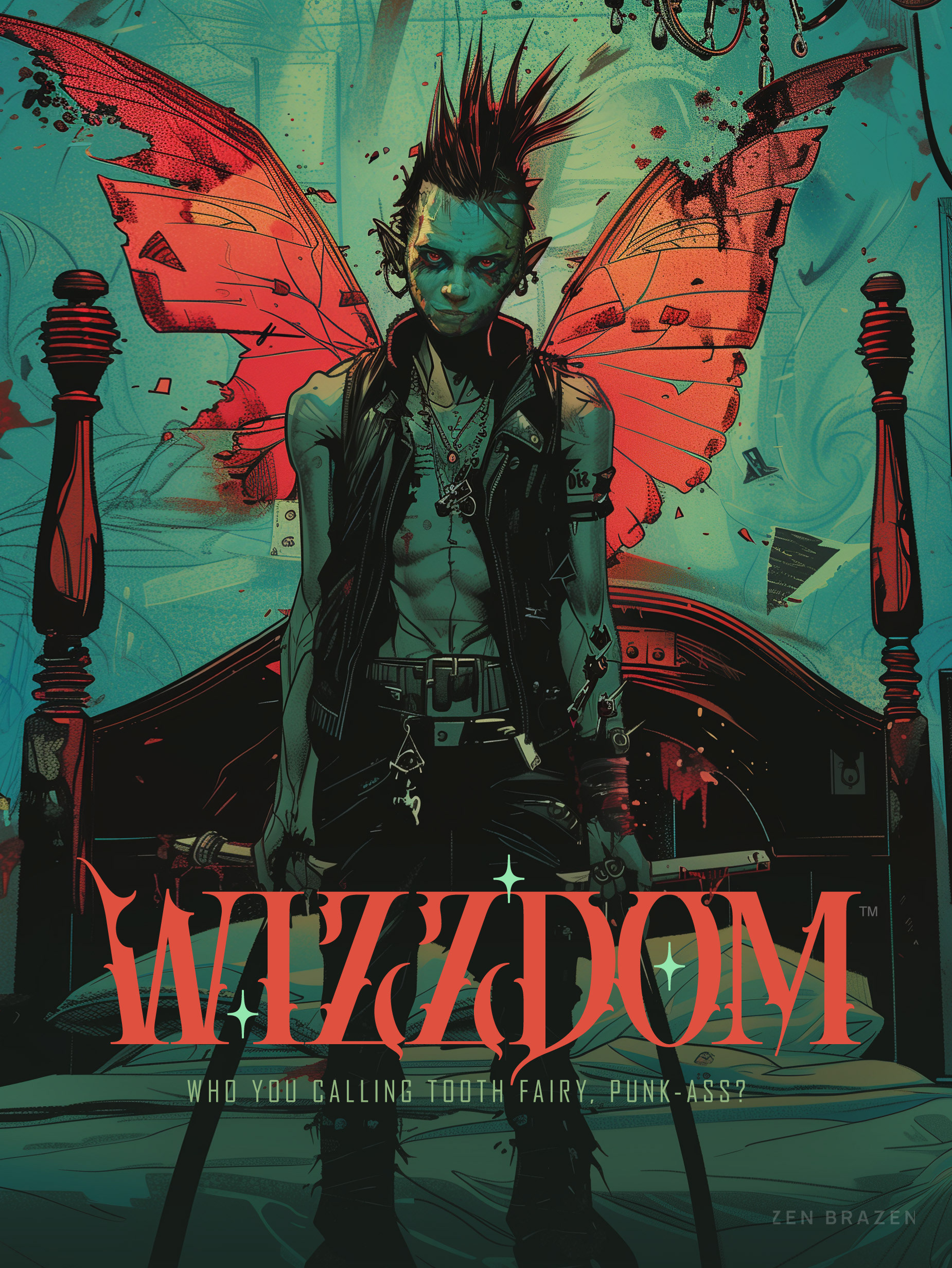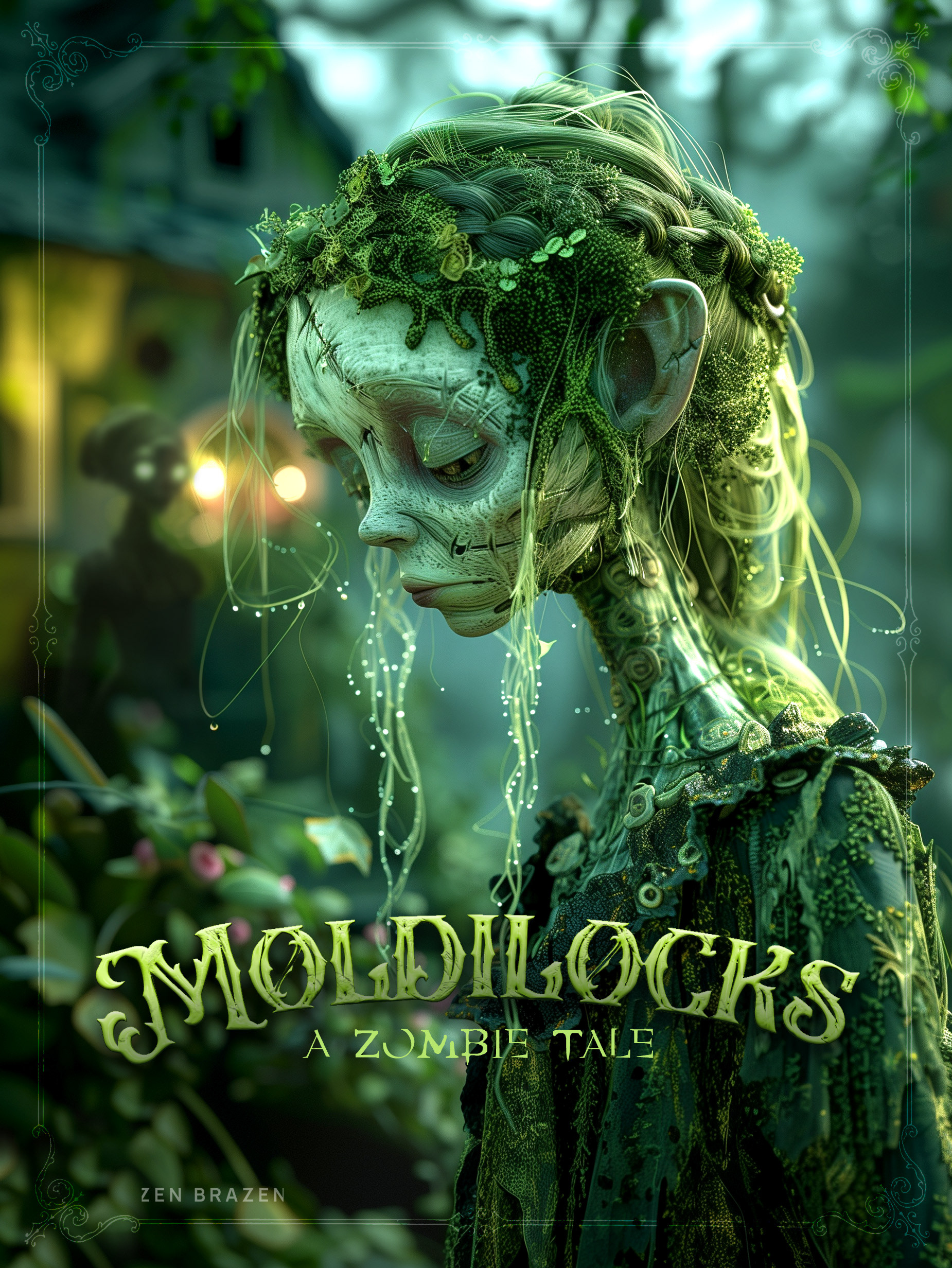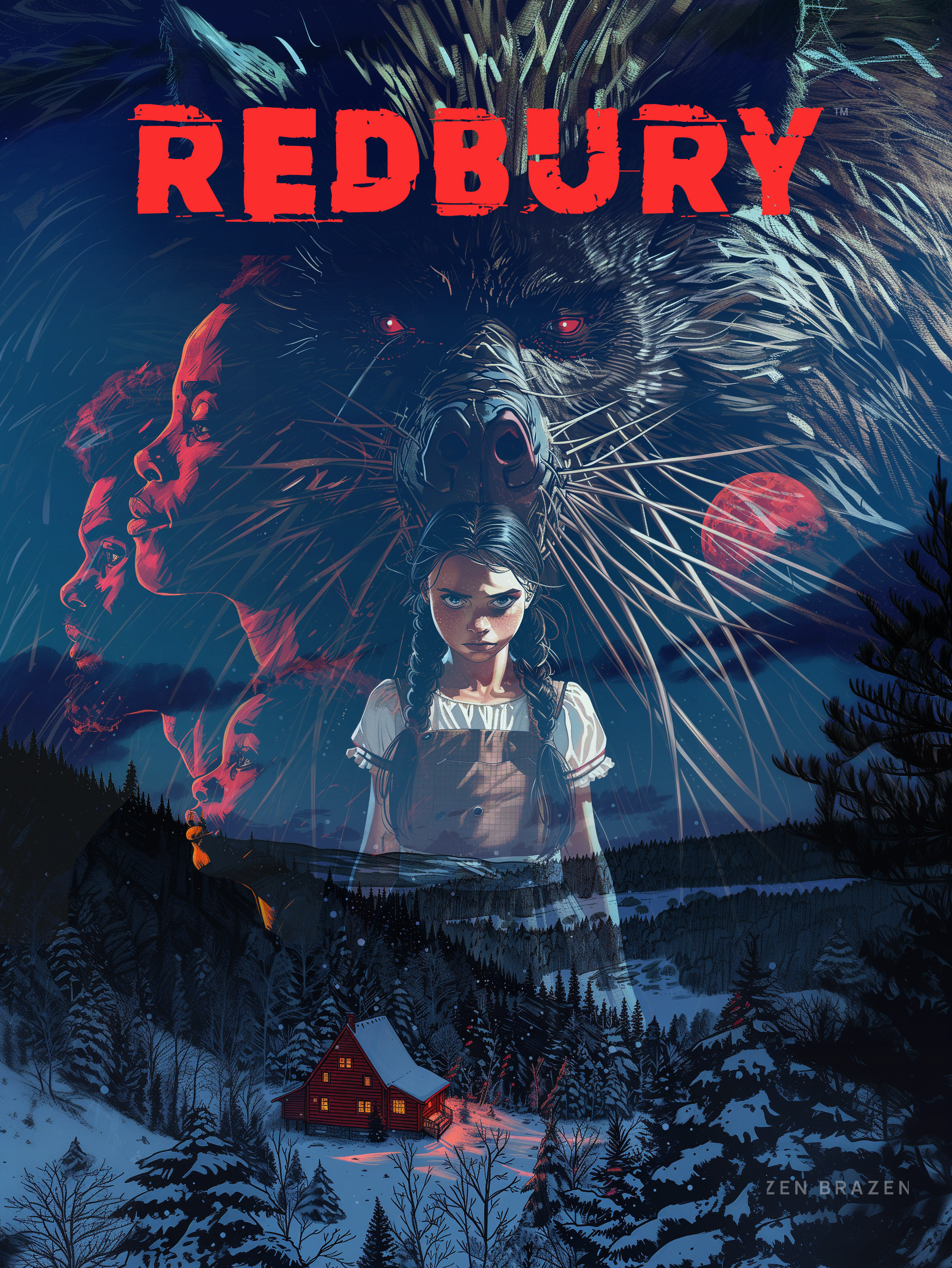Dorbit the Dragon had always dreamed of venturing beyond the clouds.
From the moment he cracked through the eggshell and pushed his way out into the world, he was anxious to push boundaries and go beyond what others thought possible of him.
His first test came when he was old enough to understand that he was an orphan. Right after he was born, his parents had ventured far up into the Arctic lands and had never returned. He had tried to find out more about what happened as he got older, but there was little information to be found.
For a long time, he was sad and withdrawn. But with his grandmother’s help, he pushed through the sadness and found the strength and motivation to deal with his grief and loss, and propel his life forward.
Dorbit’s shimmering scales, the color of twilight, and his eyes, gleaming with the curiosity of the cosmos, set him apart from other dragons.
When he was old enough for flying class, while the other dragons were practicing their dives and rolls and landings, Dorbit was soaring high above them near the darker blue, to see how close to space he could get.
“Dorbit!” the flying teacher would yell. “Get your head out of the stars and get back down here!”
Dorbit would obey, but never stopped dreaming about going higher and farther than any dragon had ever gone before.
Then, one fateful day arrived that would change Dorbit’s life forever.
His fire and energy breathing teacher walked into the classroom with a piece of paper. “How many of you know what NASA is?” the teacher asked.
Dorbit’s hand shot up. “Oh, I do! It’s an acronym that stands for the National Aeronautics and Space Administration. They send human people to space, to explore and do tests and experiments. Someday, they’ll send people to the moon, and even Mars!”
Dorbit’s classmates looked at each other and rolled their eyes. Dorbit the nerd was at it again.
“That’s right, Dorbit,” the teacher replied. “We just received a letter from NASA. They’ve brought many kinds of animals into space in the past. Dogs, cats, monkeys. Even spiders and turtles. But now, they’re looking to send the first dragon into space.”
“I’m going to be the first dragonaut!” Dorbit exclaimed.
“Well, let’s not get too excited,” the teacher cautioned. “There are likely many dragons who would also be excited to have this once in a lifetime opportunity.
But there really wasn’t, it turned out. NASA quickly narrowed it down to three eligible candidates, Dorbit being one of them. And before he knew it, the little dragon sat facing a panel of humans in a Cape Canaveral meeting room.
“Tell us, Dorbit,” one of the generals said, “why we should choose you to go into space.”
Dorbit sat for a long moment of silence, getting his thoughts straight, and then spoke.
“Sometimes in life, you’re somewhere, doing something. And you know, deep in your heart and soul, that you need to be somewhere else doing something else,” Dorbit said. “ I’ve flown to the edge of the atmosphere, and wished more than anything that I could just keep going. I’ve been told over and over what dragons can and cannot do. And I believe that I have the right combination of enthusiasm, motivation, desire—and with your help, training—to prove that dragons can go to, and belong, in space.”
The generals across from Dorbit looked at each other knowingly, nodded and grinned.
The excitement of being chosen to go to space was quickly replaced with exhaustion, as Dorbit underwent a month of intense training.
He would start the day with a regimen of rigorous exercise, mostly running, to insure that he was in peak physical condition. Then on to microgravity training which simulated the weightlessness of space. His wings gave him some propulsion and stabilization benefits that humans didn’t have. He was given some technical and operational training, which gave him knowledge of the systems of the rocket. And he got some medical training, in case someone got hurt and he needed to help them.
Despite all of that, the worst part of the training was getting used to the food the astronauts ate. Where Dorbit was used to eating delicious grilled meats and flavorful raw vegetables, he was going to have to eat a paste-like substance that came in bags. It was like the baby food that they gave the littlest baby dragons.
It was slimy and gross. But if that’s what he had to eat in order to go into space, Dorbit would gladly eat a rocket full of it!
On his last day of training, Dorbit asked one of the generals something that was on his mind.
“I know that Laika, the dog who recently went up on a mission, didn’t come back,” Dorbit said. “I guess I should have asked this before, but—will I be coming home?”
“Yes, Dorbit. In all probability, you will be coming home.” the general replied. “There’s always an extreme risk of sending anything into space. Things can always go wrong. But we’ve made advances since Laika’s trip that will lower the probability of something bad happening to close to zero. So don’t worry. The humans and you will all be coming back home.”
Dorbit sat with his grandmother, who had come down a few days before the launch to be with him.
“I’m so proud of you,” his grandmother said. “You were always different than the other dragons. I’m just glad you found a place where you belong and that you’re happy.”
“The only way I could be happier is if Mother and Dad were here now,” Dorbit replied.
“I know,” his grandmother replied. “They’re always watching out for you. And when you’re way up there in space, you’ll be just a little bit closer to them.”
One bright morning a few days before the launch, Dorbit received a special invitation from NASA to visit Maplewood Elementary School before his historic journey into space.
As the wood-paneled station wagon pulled up in front of the school, the window rolled down and Dorbit flew out of the window and high up into the air. He did two flips and a barrel roll, dove toward the ground and landed gracefully in front of the gathering of human children, who erupted in cheers and clapping.
Inside the classroom, Dorbit’s little wings were folded politely behind him, and his stubby, gleaming tail swished with excitement.
Ms. Peterson, the fourth-grade teacher, welcomed him warmly.
"Class, this is Dorbit," she announced. "He is going to be the first dragon in space!"
The children cheered again. "Can you breathe fire in space?" one boy asked eagerly.
"Fire doesn't work the same way in space," Dorbit explained. "But I have other abilities that might come in handy."
After a lively Q&A session where the children asked everything from how cold it was in space to what it felt like to be weightless, Dorbit approached a little girl toward the back of the classroom who sat facing the wall the entire time he had been talking.
“Hi Sara, I’m Dorbit,” the little dragon said. “Ms. Peterson said that your Mom just passed away recently. Both of my parents died when I was little, so I know how you feel.”
Talking with Sara for a few minutes, Dorbit got Sara to face him, talk to him, smile and even laugh once. Before he left, he made Sara a promise.
“When I get back to Earth after my trip, I’m going to—” Dorbit said, whispering something in Sara’s ear. “And when I do that, you’ll know that I’m saying hello to you, okay?”
Sara nodded, smiled, and threw her little arms around Dorbit.
Ms. Peterson and all the students wished Dorbit luck, their eyes filled with excitement and wonder as he left the classroom.
A week later, Dorbit stood on the launch pad beside astronauts Commander Jane Carter and Engineer Tom Martinez. The rocket, named ‘Starwing’, was behind them, ready for launch.
“It seems we have a celebrity going up with us today,” Commander Carter said to the mob of gathered reporters and photographers. “We welcome Dorbit, and know that he will be an asset to our mission.”
As the Mission Control countdown reached zero, the rocket engines roared to life, and the rocket—with two astronauts and the first dragonaut aboard— blasted off into space.
For the first few days, everything went smoothly. Dorbit enjoyed the weightlessness, and he took in the vastness of space with wonder and awe. He looked out the round portal back toward the Earth, and couldn’t believe that he had finally made it into space. It was a dream come true!
Commander Carter and Engineer Martinez were delighted to have such an extraordinary crewmate. Dorbit helped them with routine chores, special experiments, logging important data and events, and monitoring critical rocket systems. Dorbit enjoyed every minute of it, even the most boring of tasks.
Even at mealtime, Dorbit would swallow the yucky baby food in a bag with a smile.
But on the fourth day, trouble struck. A meteor shower unexpectedly bombarded Starwing, damaging one of the main thrusters. The crew was in danger of being stranded in space. Commander Carter's voice crackled with tension over the comm system.
"Tom, can we repair it?" the Commander asked.
"I'm trying, Jane, but the damage is extensive," Tom replied, frowning and shaking his head.
Dorbit's keen eyes studied the situation. "I think I can help," he said, his voice calm and steady.
"How?" Tom looked at Dorbit, puzzled, as the Commander floated into the rocket’s mid-section.
"I don’t only breathe fire. I breathe energy,” Dorbit replied. “I think I can create an energy shield with my breath. It might protect the thruster long enough for us to make repairs."
The Commander and Engineer looked at each other.
“We really don’t have any other options,” Tom replied. “We have to try it.”
“Affirmative,” Jane said. “There’s not a moment to lose. Go!”
Dorbit and Tom suited up as quickly as they could. Dorbit positioned himself near the damaged thruster. He took a deep breath, and instead of fire, a shimmering, translucent energy shield came from his mouth, enveloping the thruster. The shield glowed softly, protecting the delicate machinery from further damage.
Tom the Engineer worked quickly, taking brief breaks when Dorbit had to go back inside the rocket and recharge his breath. But within the hour, they managed to repair the thruster.
As soon as the repairs were complete, Dorbit and Tom went back inside the rocket, locking the hatch behind them. Tom quickly moved to the engine console, and initiated the restart process. With a loud rumble, the previously-damaged thruster roared to life.
"Thrusters are operational," Tom confirmed, relief evident in his voice.
Commander Carter smiled. "Dorbit, you saved us."
Exhausted, Dorbit collapsed on the flight deck, thoroughly drained and exhausted from expelling so much energy for so long.
But Dorbit gave a thumb’s up and a smile, letting Jane and Tom know that he was okay.
With the thruster repaired, Starwing continued its mission and completed a successful orbit of the Earth before heading back. The world watched in awe as Starwing's return capsule safely re-entered the atmosphere and splashed down in the ocean off the coast of Cape Canaveral.
Back on land, as the drew stepped off the recovery boat and met the mob of waiting photographers and reporters, Dorbit broke protocol. He jumped up, did two flips, hovered in the air and winked at the cameras.
Sitting at home in front of the television, little Sara from Maplewood Elementary jumped up off the floor and pointed at the television.
“Dorbit did that for me!” she said to her father. “He said he’d do two flips and give me a wink, and he did it!”
The little dragon was hailed as a hero. News of his bravery spread quickly. Children and adults around the world listened to him talk on broadcasts about his incredible story and experience, their eyes wide with wonder and admiration.
"And that's how teamwork and using our unique abilities can help us overcome any challenge," Dorbit concluded in many of the interviews. “Now, when is my next mission?!”
Dorbit would forever be the first dragonaut, the first dragon in space, and would hold a special place in the hearts of many for the rest of their lives.

